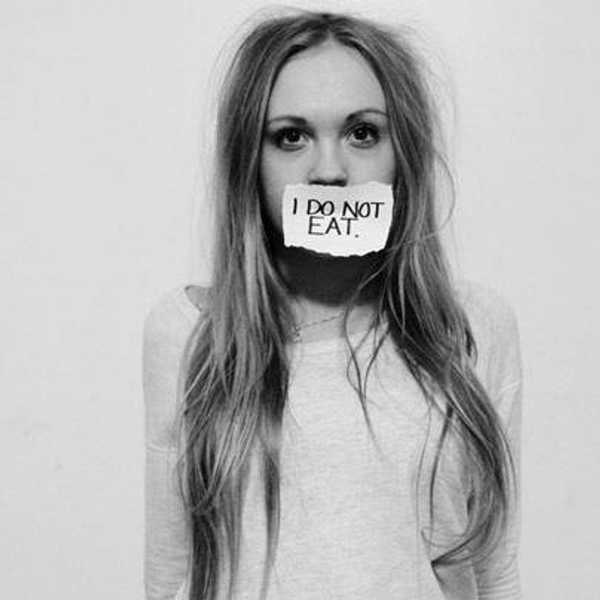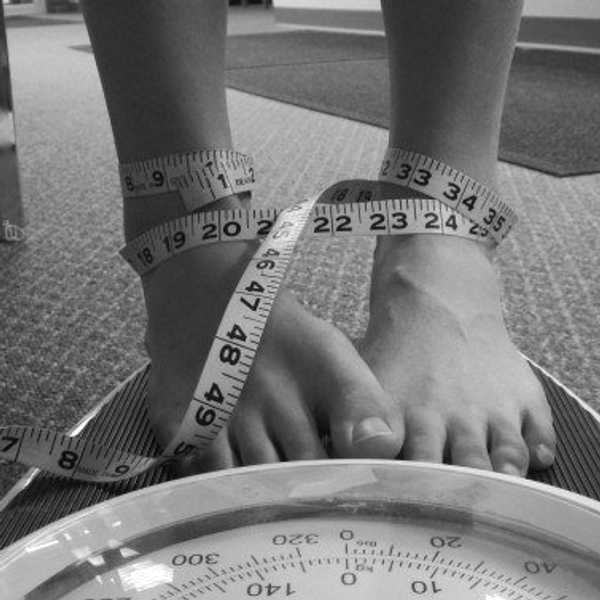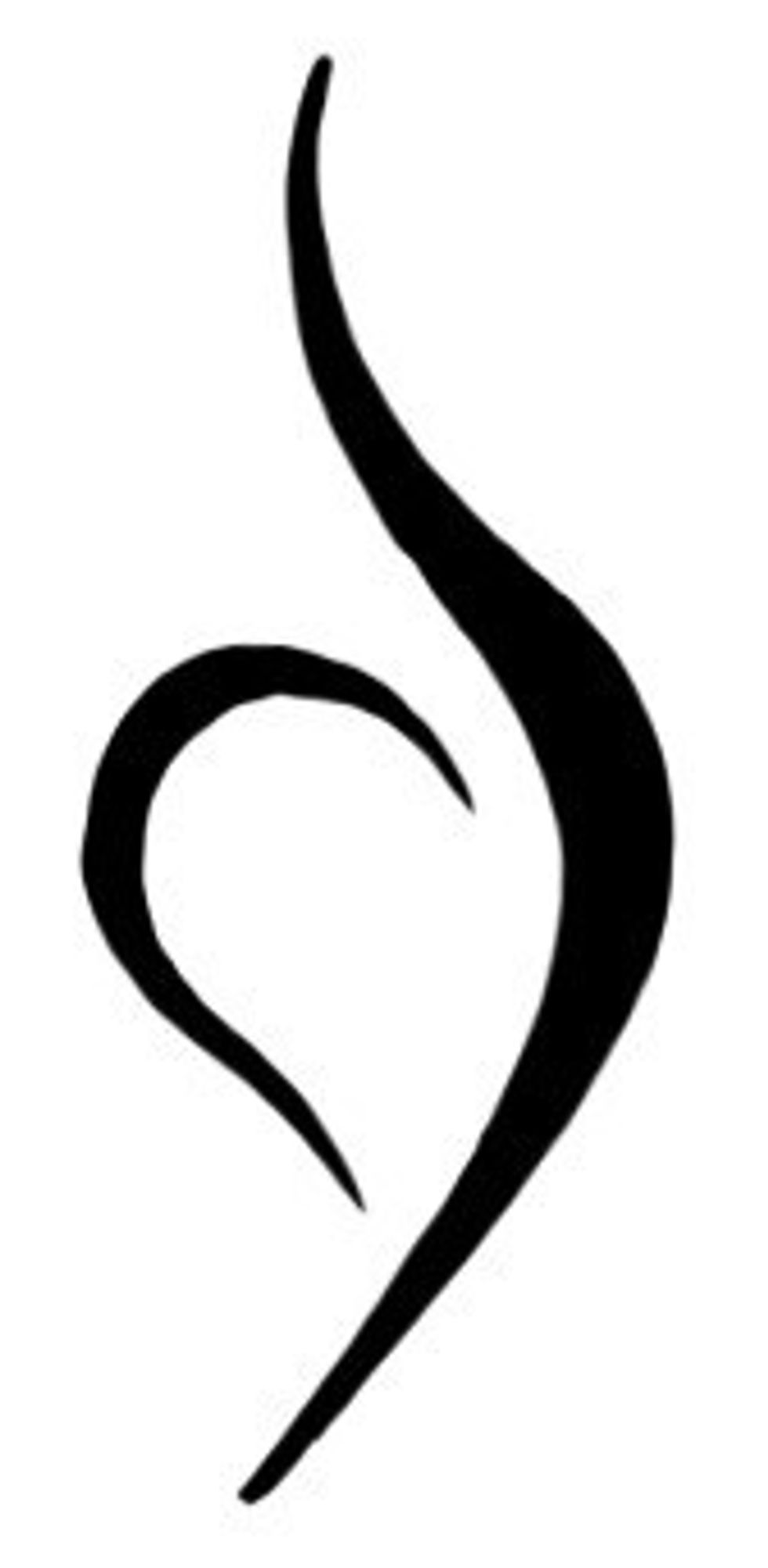"You'll gain weight if you eat that", "Say goodbye to the body you worked so hard to achieve", "Eating this will make you fat", "You can't eat that piece of bread! You already had three servings of carbohydrates today!", "Start planning for tomorrow so you can redeem yourself for today's mistakes". These thoughts and many more like them happen before, during, and after a meal or a snack for anyone who has an Eating Disorder. That equates to 24 hours a day, seven days a week. These thoughts happen for people who are in recovery, they may just lessen in frequency over time.
I have been in recovery for three years and three months. How does one measure that when recovery contains lapses and relapses? Well, that's just it. To me, recovery begins the moment you decide to want to embark on the painful journey of phasing out eating disordered behaviors and continue to for a lifetime. For example, I was admitted to the hospital terribly malnourished in February of 2013 and after that hospital stay, I started treatment for an eating disorder. Since then, I have had lapses and a relapse that brought me back to the same facility I was at in 2013 in 2015. I include all of that time when people ask how long I have been in recovery for. Why? I feel like it is all part of the experience, and if I didn't include everything from the start, I am discounting the valuable lessons I have learned since day one. I've heard from people who have had about a decade of recovery or more under their belts that the thoughts become almost non-existent and they can consider themselves fully recovered. I cannot say I know this feeling, and I cannot say I know for sure that I will. That is part of the battle and it is frustrating and scary.
I can promise you that my recovery journey will look differently from the next person with Bulimia, Anorexia, B.E.D., OSFED, etc.... That next person's recovery will look differently from the next and so on and so forth. I think that is part of what is so frustrating for support people. More often than not, as human beings, we would like to have guidelines but there are none. It all depends on your loved one's communication with you. Something all recoveries have in common is that they will never be linear. It's not putting a cast on a broken arm and taking it off a few weeks later and all is well. You are not going through a treatment program, restoring weight (or not restoring weight), and magically all better. That is why I keep referring to it as a recovery journey. I have looked at my own recovery like one of those 2,000 piece puzzles. Each piece is a different thing that the individual as struggled with for healthy functioning that they have to overcome- and sometimes you need to try different pieces to see what fits at that point in the puzzle. Having been diagnosed with Anorexia, Bulimia, and OSFED (Otherwise Specified Feeding and Eating Disorder) I have seen many different perspectives in the spectrum of Eating Disorders. It has definitely enlarged the amount of pieces in my own puzzle.
Like I have mentioned before — everyone's recovery journey is different. The best advice I can give to someone who knows someone (and we all know someone, or will) is to not say to someone you know is in recovery, "you look so healthy!!" because frankly- that translates to "look you've gained weight!" and even though that person is in recovery there is still a piece of their heart and mind that does not want to be "healthy". Actually, while I am at it, let us just all cut the comments on how people look. If that is what you are most inclined to notice about someone you are influencing those around you to believe that is what matters most about a person. This is including yourself. Speak ill about yourself and you set the example for younger generations to self-loathe and thus makes them more prone to developing an eating disorder which is a deadly disease. Imagine your daughter or son hating themselves and using unhealthy behaviors because mommy or daddy looked in the mirror and said some statements about themselves that aren't so nice. Do not get me wrong, there are other factors to eating disorders other than social/environmental ones, but why not help where we can? Why not set the example so people do not try to manipulate their bodies in unsafe ways for other's approval and praise? If you're a support person, ask what you can do to help and if your loved one does not know (which is a common occurrence) let he or she know that you are there to listen when they know what they need.
The best advice I can give to someone who is thinking about getting help, or is on their own recovery journey is; Try your very best not to judge yourself, not to compare yourself to others, and if you're thinking about getting help (whether it be for the first time or some extra support) just do it. Judging yourself or being hard on yourself is one of the worst things you can do to you. Remind yourself daily that you are only doing the best you can with the tools that you have been given. Comparing yourself to others is self-sabotage. If you were meant to have that person's journey or body, you would have had it. I am not saying you are going to like it or that you have to like it, but at one point or another, you need to accept it for the sake of your own sanity. As for getting help- guilt, shame, and self-doubt tend to make people second guess whether or not they truly "need" it. If your initial inclination is that you need help, you need help. From my own experience, and hearing about others experiences, to second-guess it is all too common. Misplaced or ineffective guilt and shame are some of the biggest things that keep an eating disorder alive, stop feeding the beasts.
Granted, there are more facets to eating disorders and I wish I could cover it all in this article but I think I would need to write a book for that. In the darkest times of my recovery, I have been thankful for this journey. It has introduced me to parts of myself that I love the most that were in hiding for years and it has introduced me to some beautiful-minded individuals who have helped me realize that I am not alone. If you would like to learn more about Eating Disorders, the attached video does an amazing job of educating.
Here are some resources:
http://www.eatingdisorderhope.com/recovery/externa...
National Eating Disorder Association Helpline (completely confidential)
1-800-931-2237























